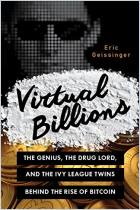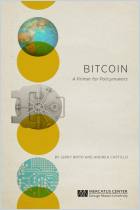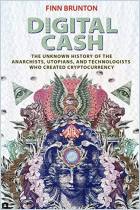加入 getAbstract 阅读摘要

加入 getAbstract 阅读摘要
Nathaniel Popper
Digital Gold
Bitcoin and the Inside Story of the Misfits and Millionaires Trying to Reinvent Money
Harper, 2015
看看什么内容?
Step behind the scenes at the creation and development of this entirely digital currency.
Recommendation
New York Times reporter Nathaniel Popper offers up an inviting, necessary history. The concept behind Bitcoin – a completely electronic currency that isn’t backed by anything in the physical world – is intriguing. Its story is filled with pseudonyms, criminal activities, selfless dedication, incredible hubris, international travel, technological breakthroughs, and, of course, money. Bitcoin went from idea to reality in just a few years – and much of its development occurred inside underreported groups, like chat rooms and the libertarian community. Popper narrates this complex saga with ease and grace. getAbstract recommends his overview and its vivid personal portraits to those intrigued by Bitcoin, international finance, cyberculture, cybercrime, alternative cultures or libertarian thinking.
Summary
About the Author
Nathaniel Popper is a business reporter for The New York Times.
























Comment on this summary
At a Goldman Sachs conference on virtual currency, a Goldman executive indicated that adapting blockchains to speed up financial transactions intrigued the firm.
Blockchain technology seems to be the value here.